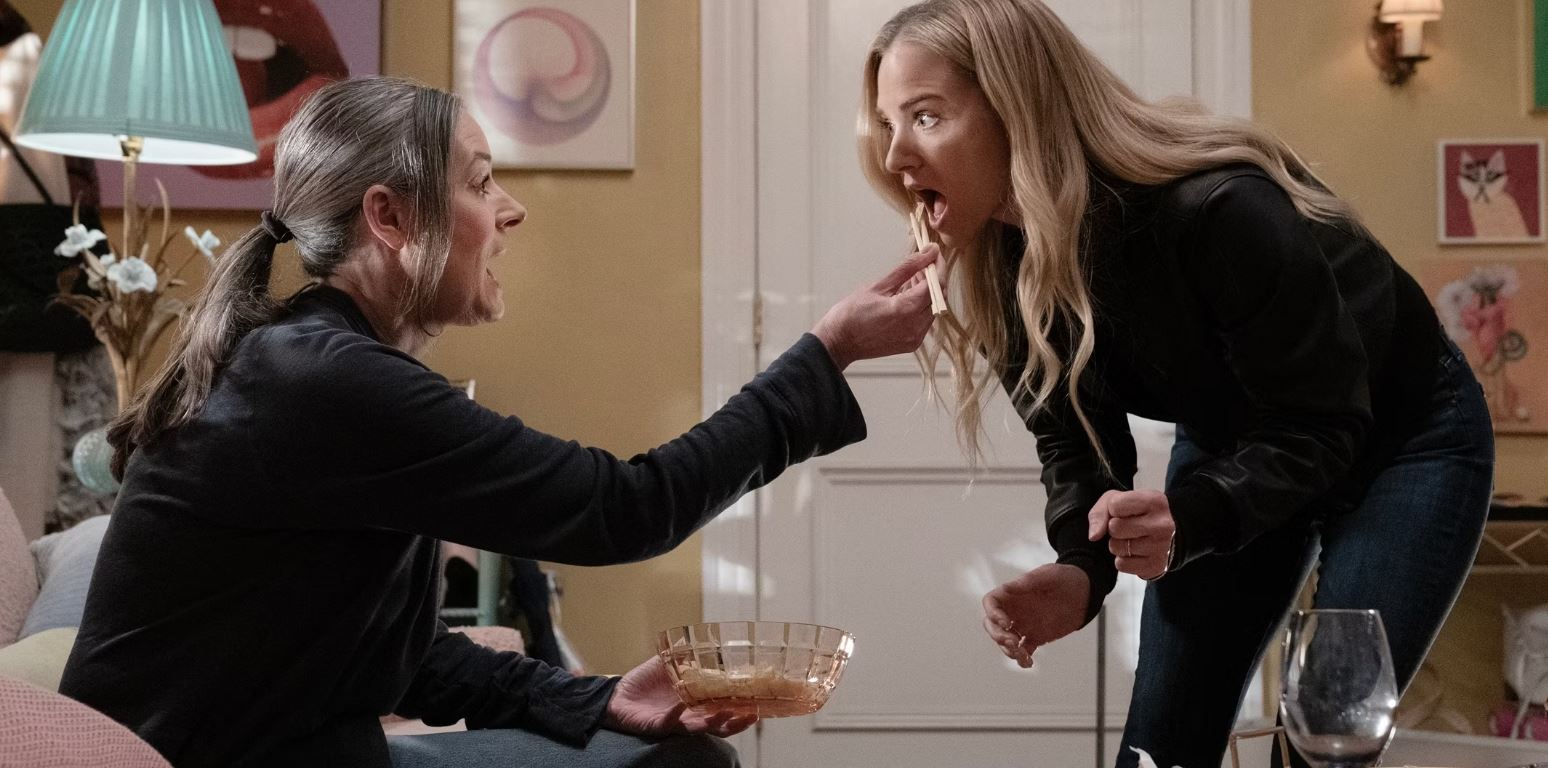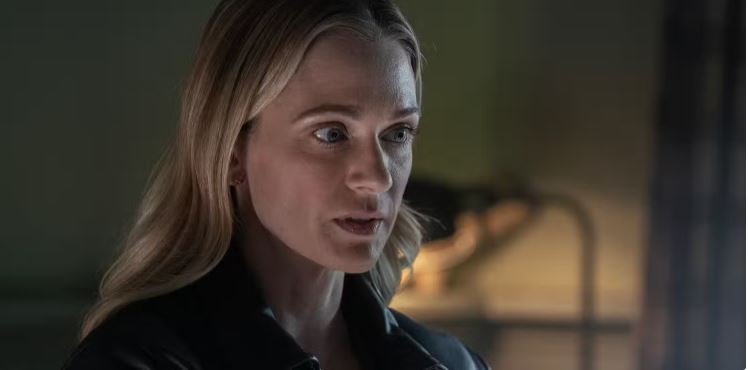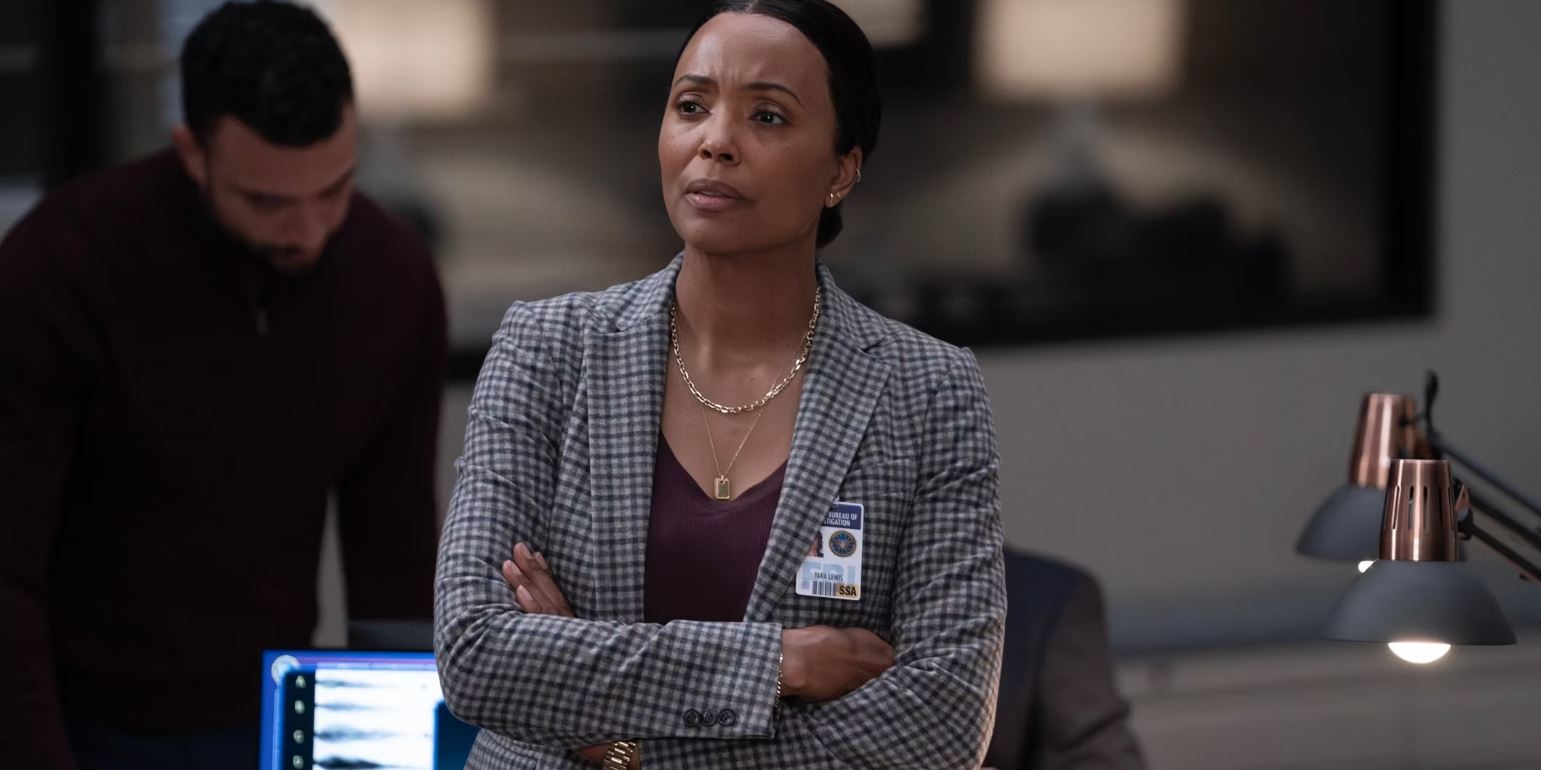Any series that runs for 17 seasons is going to have its share of mistakes, and Criminal Minds is no different. However, the latest iteration of the show, called Criminal Minds: Evolution, did its best to own up to the Season 6 firing of two of the most popular characters. It only made sense to address the way they were treated, because Evolution Season 2 was all about uplifting the show’s women characters. In Season 6 of Criminal Minds, Paget Brewster, who plays Emily Prentiss, and A.J. Cook, who plays Jennifer Jareau, were fired.
The demand came from a studio executive who seemingly saw their characters as expendable simply because they were women. The firing “left a scar on all of us who experienced it. When you have a character really contemplating whether [she’s] going to quit so they don’t fire [her], how can we not talk about the elephant in the room, which is that these two [actors] were fired all those years ago?” Criminal Minds: Evolution showrunner Erica Messer told CBR in an interview. As Prentiss and J.J. pondered their futures at the FBI (with the help of a little cannabis), the show found the perfect way to acknowledge what happened off-screen all those years ago.
How Criminal Minds: Evolution Addressed Brewster and Cook’s Firing

Season 2’s “Message in a Bottle,” focuses much of its story on David Rossi (Joe Mantegna) and Elias Voit (Zach Gilford). However, the episode used its B-story to address when Brewster and Cook were fired from Criminal Minds. Emily Prentiss is falsely accused of assault and suspended from active duty at the FBI. With her time off, she eats some (legal in D.C.) edibles to take her mind off her troubles. In her elevated state, she decides to quit the BAU before they could fire her. Thankfully, J.J. shows up to talk her out of it and is accidentally stoned, as well.
When Brewster was first fired from Criminal Minds, she told the writers to simply kill off her character. Thankfully, the storytellers came up with a not-too-convoluted way to resurrect Emily Prentiss, leading her to being in charge of the BAU. Instead, J.J. explained how being fired was a badge of honor, showing that nothing could force them to quit a job they believed in. Since J.J.’s story was similar in that the character left the FBI and returned, she was the best person to make this argument.
The fans love her so much.
The scene was likely as cathartic for the actors to play as it was for the writers to craft. It’s also the kind of moment long-time viewers have been waiting for. “The fans love her so much,” Brewster told CBR in an interview, adding being “off the show…was complicated and lousy.” The scenes between Prentiss and J.J. in “Message in a Bottle” made a powerful statement about the characters’ tenacity. It’s one of the rare cases in a Criminal Minds story where the actors have first-hand experience with the problem facing their characters.
Why It Was Important Emily Prentiss and J.J. Were High for the Scene

Thanks to the changing cultural attitude, cannabis is more “acceptable” for heroic characters than other vices, like smoking tobacco. Like the arrest and suspension itself, this is a detail where Criminal Minds: Evolution fans have to exercise suspension of disbelief. In fact, if an agent was really under suspicion for assault, a drug test would be part of that investigation. And while pot is legal in D.C., it’s still verboten for federal employees, especially in law enforcement. However, allowing the characters to be stoned injected some joy into what would have otherwise been a very heavy discussion.
Brewster and Cook deserve credit for their performance, especially because of how subtly they played their intoxication. Whatever was in those infused cheese curls made Prentiss and J.J. just the right amount of emotional and introspective. Done straight, the conversation would likely be imbued with sadness or, more likely, rage. Yet, the point of this scene was not retroactively lambasting the shortsighted men who sent them packing in Criminal Minds Season 6. Rather, the point of the scene was to celebrate the way these women weathered that storm and came out the other side.
Weed-induced self-doubt is a better choice for Prentiss than brooding or throwing things over how unfair it all is. It allowed the characters to show vulnerability without making it seem like a weakness in their resolve. Ultimately the scene was moving with very funny moments thrown in, such as Prentiss feeding J.J. a snack with chopsticks. (Which, for the record, is a great way to eat snacks and avoid finger-dust.) All these choices allowed the scene to be cathartic and celebratory rather than morose.
Why It’s Important Criminal Minds Is Shifting Its Focus Towards Women

When Criminal Minds debuted almost two decades ago, the central character was FBI superstar profiler Jason Gideon. When actor Mandy Patinkin left the series, he cited the way women were treated as one of the reasons. While he focused mainly on the “case of the week” guest stars, the rationale could be applied to his costars as well. Criminal Minds: Evolution still features graphic scenes of violence and brutality, as they are still FBI profilers. Yet, the way the series used to treat its women characters is a thing of the past. Prentiss and J.J. are the prime examples in the cast.
One way the Evolution reboot differs from Criminal Minds is the level of serialization in the story. On network TV, the BAU solved a case in 45 minutes and moved on. Now that it’s on Paramount+, the show is able to build on the stories and themes from previous episodes. For example, in Season 2, a site called “BAU-gate,” which featured fake explicit images of members of the team, was a recurring device, specifically for J.J. This allowed for a more authentic portrayal of how such a thing would affect a person.
The show is able to build on the stories and themes from previous episodes.
Perhaps the best way serialization helps Criminal Minds: Evolution is through Sydney Voit (Kiele Sanchez), the wife of Season 1’s unknown subject or “unsub.” Viewers were able to see how her husband’s arrest affected her and her children. The episodic procedural format doesn’t often allow for that kind of narrative follow-up. It’s the best addition to the Criminal Minds format, because it reveals the impact the BAU has on people, beyond sending killers to jail. In fact, Evolution Season 2 introduced a new character who might be the most important one in the entire series.
Criminal Minds: Evolution Drew Attention to Women Erased from History
Despite his departure in Season 3, Jason Gideon is important to Criminal Minds’ mythology as one of the founders of the BAU. Rossi was his partner who was introduced to replace Gideon in the cast. These characters are based on the real history of FBI profiling, a dubious investigative method best used in fiction. However, throughout history women’s contributions have been diminished, hidden or outright erased. It wasn’t enough for the women in the present-day BAU to get the spotlight. A new character was created in honor of those forgotten pioneers.
Evolution Season 2 introduced Doctor Jill Gideon, Jason’s ex-wife and as important to the unit’s history as anyone. Since Criminal Minds Season 1 introduced Jason’s son, his mother existed by implication for nearly 20 years. It only makes sense she would be part of the early FBI profiling program. Dr. Jill is no shrinking violet, however. The character is just fine not being associated with the BAU. While Jason Gideon and Rossi are all about getting “justice,” Dr. Jill is more concerned with helping to identify and treat these people before they become unsubs.
One character who could use more to do in Criminal Minds: Evolution is Penelope Grace Garcia, played by Kristin Vangsness. She’s an enduring presence on the series, who is all too often relegated to a handful of expositional scenes or some tension beat probably involving a computer status bar. She had a great moment in the Season 2 finale where she stared down Elias Voit, proving she can do even more on the show. Strong women characters are part of the Criminal Minds legacy, but so is how poorly some of them were treated. The scenes with Paget Brewster and A.J. Cook in “Message in a Bottle” were a good way to acknowledge both truths.
